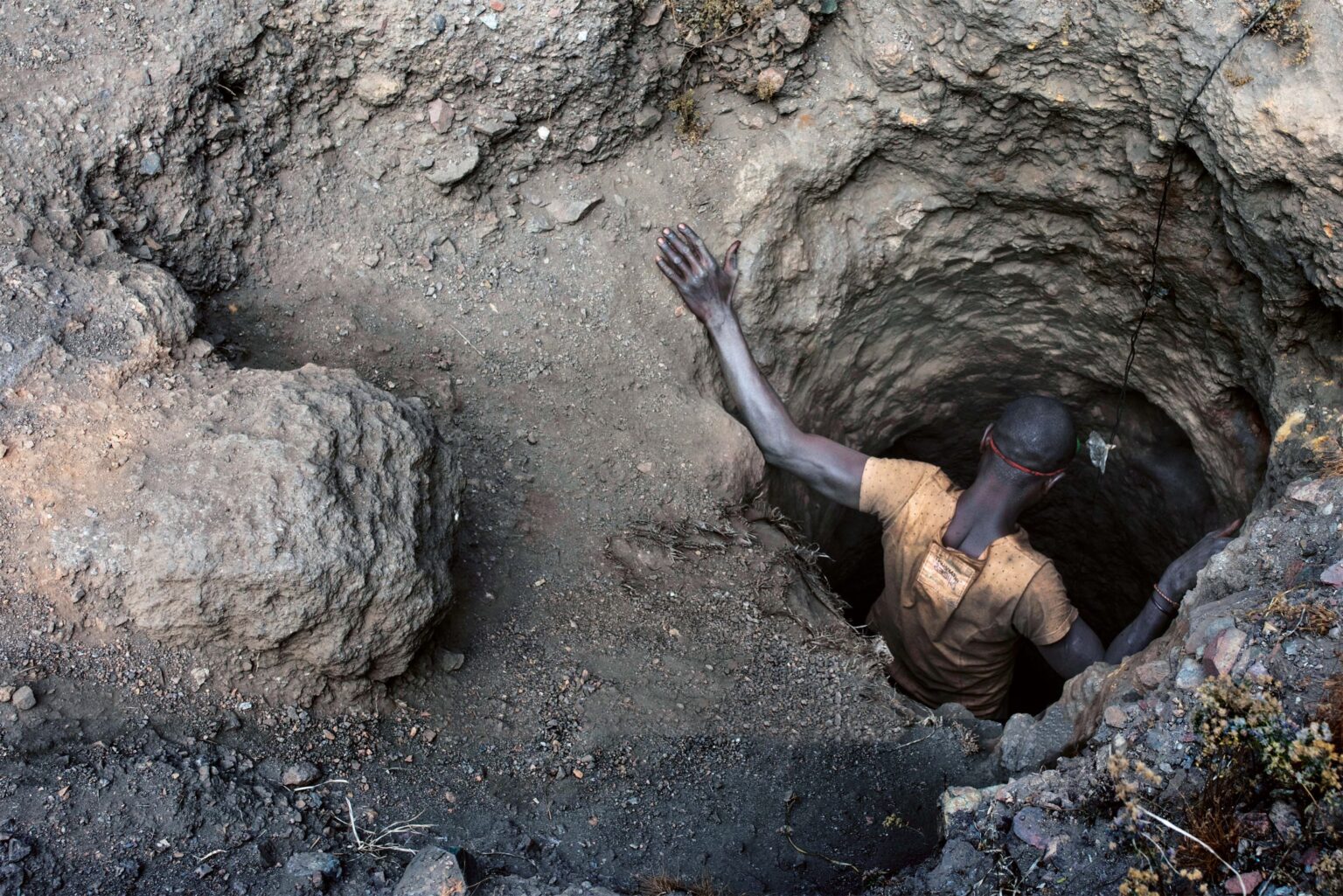- Africa is loosing out on bad minerals for loan deals, AfDB warns.
- AfDB is developing initiatives to help countries’ address the bad loans.
- China alleged to be the leader in bad minerals for loan deals with Africa.
Africa’s natural resources are being traded for loans from international lenders and that is why the continent is underdeveloped, the Head of the African Development Bank, Dr Akinwumi Adesina, has decried.
In an interview with The Associated Press in Lagos, Nigeria, Dr Adesina called for an end to “loans given in exchange for the continent’s rich supplies of oil or critical minerals used in smartphones and electric car batteries.”
The Head of Africa’s biggest lending bank, AfDB, said some countries have gained control over mineral mining in places such as Congo and have left some African countries in financial crisis owing to such ‘mineral for loans deals.’
“They are just bad, first and foremost, because you can’t price the assets properly…if you have minerals or oil under the ground, how do you come up with a price for a long-term contract? It’s a challenge,” Dr Adesina noted.
In the report, it is pointed out that these loop sided deals link future revenue from natural resource exports to loan pay-downs as a way for “recipients to get financing for infrastructure projects and for lenders to reduce the risk of not getting their money back.”
For example, with the ongoing shift to renewable energy and electric vehicles, the demand for critical minerals has shot up drastically and with it, the minerals for loans deals. The most cited example is that which China has allegedly made with Congo.
Short of exact details, the deal is said to strengthen Beijing’s position in the global supply chain for EVs and other products as it taps into the world’s largest reserves of cobalt, a mineral used to make lithium-ion batteries, in the impoverished central African country.
Dr Adesina, who runs Ivory Coast-based AfDB, an institution that helps finance development in African countries, said these arrangements come with a litany of problems.
“The uneven nature of the negotiations has it that the lenders typically hold the upper hand and dictate terms of the deals to African nations. This power imbalance, coupled with a lack of transparency and the potential for corruption, creates fertile ground for exploitation,” Dr Adesina said.
“These are the reasons I say Africa should put an end to natural resource-backed loans,” he argued.
Read also: Stop securing loans with natural resources, AfDB urges Africa
Africa’s natural resources traded for loans: AfDB solutions
According to the Head of AfDB, the Bank has come up with an initiative to help “countries renegotiate those loans that are asymmetric, not transparent and wrongly priced.”
The AfDB President went on to explain that it is crucial for AfDB to step in because not only are these loans bad for countries but “loans secured with natural resources pose a challenge for development banks as well.”
He said the International Monetary Fund (IMF) like the AfDB both promote sustainable debt management which do not support the mineral for loans deals.
He gave an example of the challenges these lenders face to include countries struggling to get or repay loans from other lenders because they have to use the income from their natural resources to pay off resource-backed loans.
Citing Chad, Dr Adesina said the country is facing what he described as “crippling financial crisis after an oil-backed loan from commodity trader Glencore left the central African nation using most of its oil proceeds to pay off its debt.”
“After Chad, Angola and the Republic of Congo approached the IMF for support, the multilateral lender insisted on the re-negotiation of their natural resource-backed loans,” he revealed.
It is alleged that so far, 11 African countries have taken dozens of loans worth billions of dollars and are all secured with their natural resources. These deals go back as far as early 2000s, and “China is by far the top source of this funding through policy banks and state-linked companies.”
“Western commodity traders and banks, such as Glencore, Trafigura and Standard Chartered, also have funded oil for cash deals notably with the Republic of Congo, Chad and Angola,” it was revealed.
“Trading firms are enabling production that would otherwise not be possible and thus underpinning economic growth, job creation and the generation of fiscal revenues in the countries concerned,” he said and explained that is why they are fueling these deals.
Worse still, according to AfDB, these ‘bad deals’ are quickly becoming rampant across the continent. “It is not about one country or the other; any country can exploit when you don’t know what you are doing,” the AfDB President said decrying most African countries’ lack of ability to “negotiate at the country level, the capacity to plan and the capacity for debt management,” which he said are all vital when taking national debts.
He cited cases such as the one for Congo which he said has been looking to review its infrastructure for minerals agreement that it signed back in 2008, to no avail.
In that deal, Chinese firms Sinohydro and China Railway Group have secured 68 per cent stake in a joint venture for copper and cobalt with Congo’s state mining company, Gecamines.
In a bid to fight back, last year, Congo’s state auditor demanded China’s infrastructure investment commitment be increased to $20 billion from the original $3 billion to match the value of the resources been extracted under that deal.
